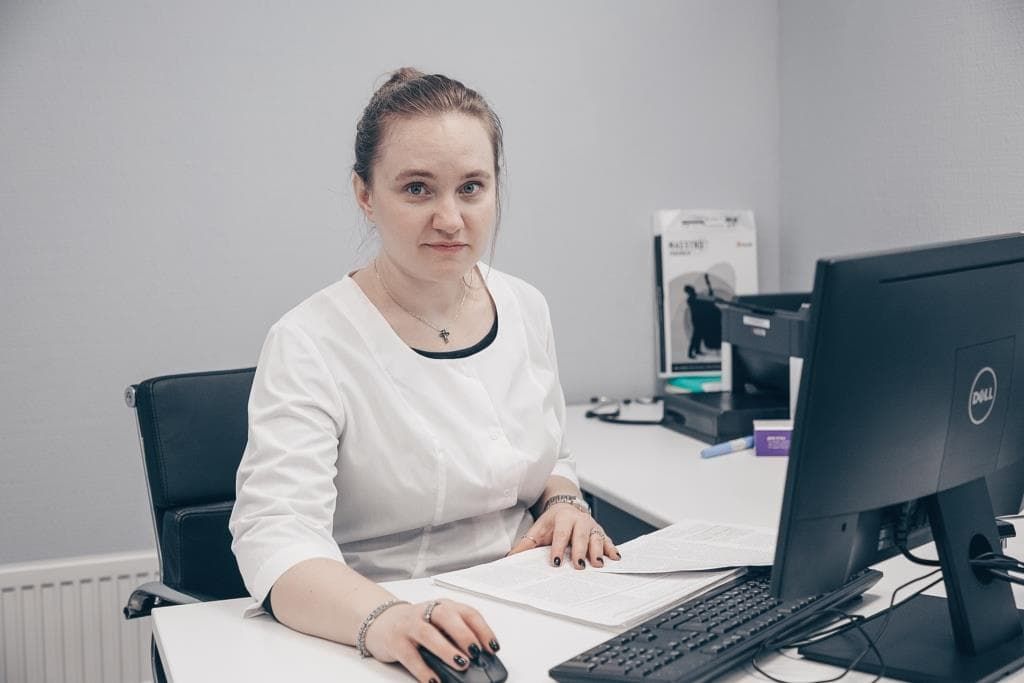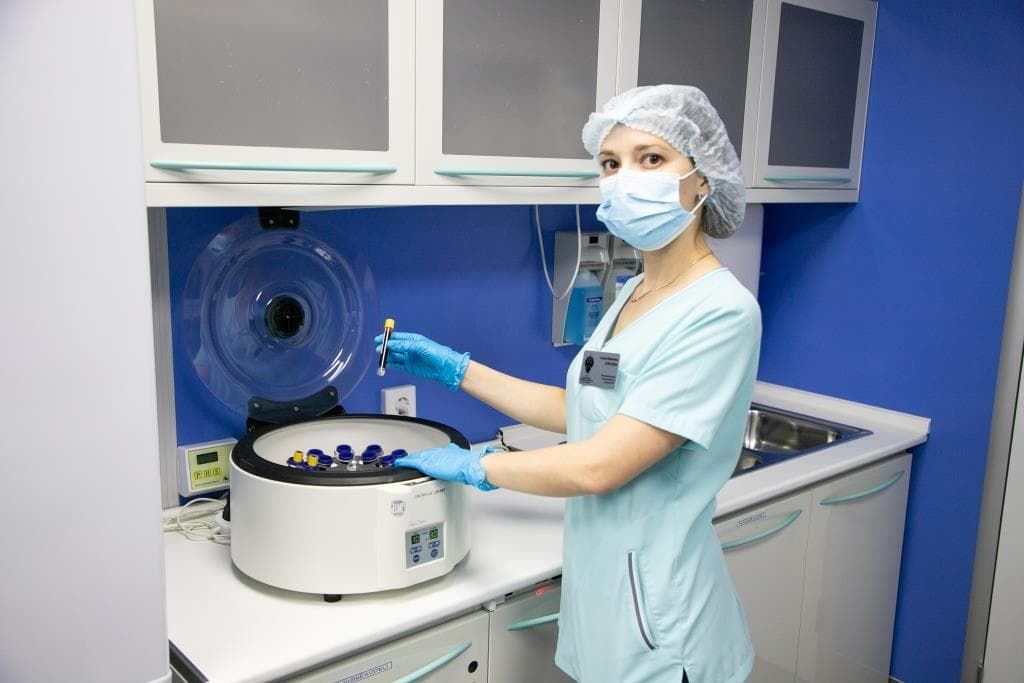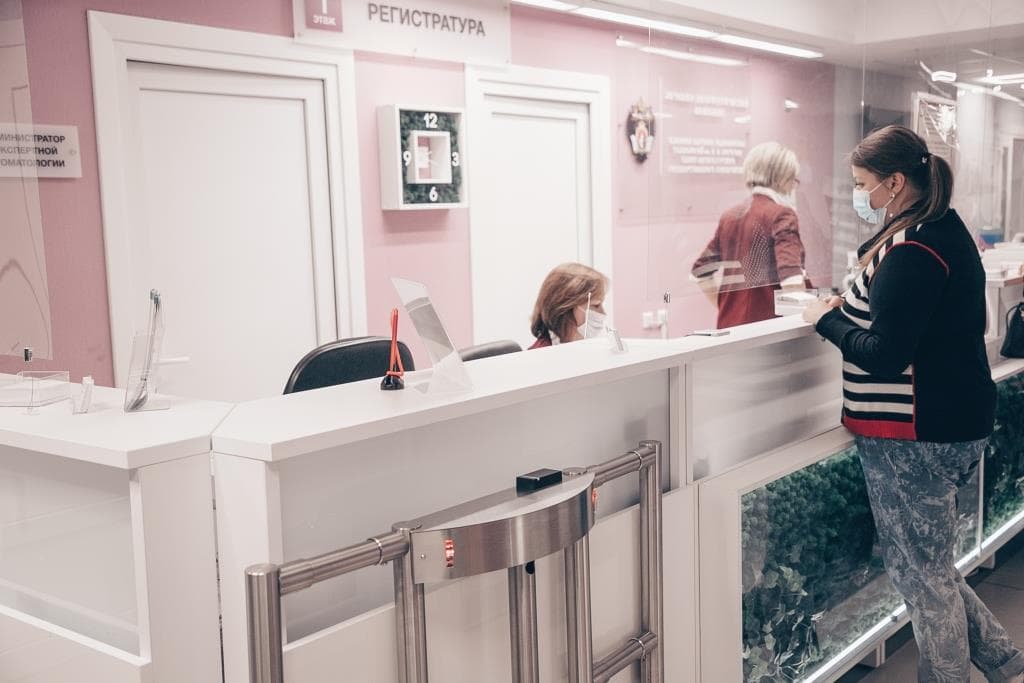The world's first Centre for the Study of Autoimmune Diseases and the Effects of the New Coronavirus Disease named after Professor Yehuda Shoenfeld has opened at the Therapeutic and Diagnostic Complex of the Pirogov Clinic of High Medical Technologies of St Petersburg University. The new Centre is located at 20/1 Korablestroitelei Street. Employees of the Clinic and the Faculty of Medicine of St Petersburg University, experts at the Laboratory of the Mosaic of Autoimmunity of St Petersburg University and scientists at Ariel University, Israel, have joined their effort to solve the burning problem of studying and rehabilitating the consequences of autoimmune diseases and the novel coronavirus disease.

The Centre is focused on:
- improving the quality of long-term follow-up, planned treatment and rehabilitation of patients who have had viral infections, including COVID-19, and suffer from immunopathological complications;
- exchange of scientific and clinical experience in the above area with Russian and international colleagues; and
- diagnosis and rehabilitation of the effects of autoimmune diseases.
The Centre's objectives include:
- Using the synergistic effect when combining the scientific and clinical potential of the said departments of St Petersburg University and experts of various profiles (cardio-rheumatology, pulmonology, neurology, gastroenterology, endocrinology, immunology and allergology, psychiatry, and epidemiology) in order to clarify the aetiology and pathogenesis, and to develop effective methods for the treatment and prevention of health disorders in people who have had the novel coronavirus disease;
- Development of nation-wide and international cooperation in biomedical and clinical studies of post-infectious autoimmune and immunopathological syndromes and diseases;
- Development of an individualised treatment plan for each patient in a short time within the framework of outpatient consultations and follow-up monitoring by a team of experts at the day patient department;
- Establishing a telemedicine consultation centre to work with non-residents of St Petersburg.
Long COVID is a condition that occurs in the form of long-term pathological symptoms after a new coronavirus disease that persists for three months or more.

Long COVID can manifest itself in the form of:
- general physical weakness, dizziness;
- long-term low-grade fever, fluctuations in body temperature;
- heaviness in the chest;
- respiratory obstruction;
- vascular symptoms (vasculitis, microcirculatory disorders);
- palpitations, fluctuations in blood pressure and pulse;
- pain in joints or muscles;
- headaches;
- loss and distortion of smell and taste;
- digestive disorders, including diarrhoea;
- sleep disorders;
- anxiety, panic attacks;
- cognitive decline, memory loss, 'brain fog';
- hair loss, tooth loss, cystic formations in the jaws;
- thermoregulation disorders, etc.
General information

Long COVID is sometimes referred to as the post-COVID syndrome or the chronic COVID syndrome. To date, long COVID has not been sufficiently studied by the medical community. In the ICD-10, this nosology has already been given a separate place, which confirms its relevance for modern healthcare: U09.9 Post-infectious condition after COVID-19, unspecified.
The causes
The main cause of long COVID is a novel coronavirus disease. Its duration depends on the severity and can be 2 to 3 weeks with a mild course, and 4 to 6 weeks or more with a moderate and severe course.
With this disease, the patient may continue to have certain symptoms, which researchers associate with:
-
a persistent inflammatory process;
- possible long-term presence of the SARS-CoV-2 virus in the body;
- development of autonomic dysfunction; or
- chronic stress caused by a change in lifestyle (the introduction of quarantine measures).
Pathogenesis
The mechanism of long COVID occurrence is poorly understood and, presumably, is associated with the morphological structure and properties of the virus and its effect on human tissues and organs.
One of the reasons is the tropism of the virus to the vascular endothelium of the nervous, renal and lung tissue and its ability to cause chronic vasculitis in it with the development of thromboembolism, tissue hypoxia and organ ischemia.
It cannot be ruled out that the development of a pathological immune response takes place here, leading to the development of chronic autoimmune inflammation affecting human organs and systems.
Separately, one should take into account the effect of the SARS-CoV-2 virus on the development of autonomic dysfunction, which is clinically manifested in dysfunction of the cardiovascular system, gastrointestinal tract, respiratory and nervous systems.
Symptoms
There is no single picture and clinical manifestations of long COVID. Some patients report the same manifestations as during the illness, while others develop new symptoms. The most common symptoms include:
- constant
- fatigue;
- disruption of circadian rhythms (sleep and wakefulness);
- periodic low-grade fever or hypothermia;
- pain, congestion and heaviness in the chest;
- cough and shortness of breath;
- irritability, tearfulness, anxiety;
- headache;
- heart pain, heart rhythm disturbances;
- hyper- or hypotension;
- hair loss;
- impaired skin sensitivity;
- impaired hearing and sense of smell;
- indigestion; and
- loss of concentration and memory.
Diagnostics
Long COVID is diagnosed by a therapist, either cardiologist or neurologist, depending on the reason for the visit and the symptoms. The following examinations may be prescribed for the patient:
-
Laboratory diagnostics. Includes quantitative and qualitative analysis of immunoglobulins M and G to SARS-CoV-2. It may be relevant to conduct clinical and biochemical blood tests, as well as coagulograms.
- Instrumental diagnostics. The studies prescribed for these disorders may include the following: ECG, echocardiogram, 24-hour Holter heart rate monitoring, laser Doppler flowmetry, active orthostatic test, olfactory test, and electroencephalogram. For other complaints, depending on the symptoms, MRI or ultrasonography of the abdominal cavity and small pelvis may be prescribed, as well as ultrasonography of veins or arteries.
- Psychodiagnostics. Patients with anxiety, depressive symptoms and cognitive impairment should consult either a clinical psychologist or a psychotherapist.
Treatment of long COVID
If the attending physician suspects that the patient has long COVID, a consultation at the Centre is recommended. In case of negative tests for the SARS-CoV2 virus, the attending physician sends such patients or their documents to the screening board at the Centre. It agrees on an outpatient consultation at the Centre and draws up related primary documentation. When indicated, an outpatient consultation may result in a recommendation of our day patient department for further research and therapy. The attending physician of the Centre invites patients for further treatment and rehabilitation. If required, follow-up monitoring is prescribed and sanitary education is carried out, which increases the awareness of patients about this disease and increases their motivation for treatment and rehabilitation.
The treatment includes symptomatic pharmacotherapy, physical rehabilitation, exercise therapy, and physiotherapy.
Prognostication of the effects of the novel coronavirus disease is not well-developed to date. In most patients, the symptoms disappear within six months. In some cases, however, long-term disorders may develop, which is defined in the medical community as the post-COVID syndrome. Patients should avoid excessive physical exertion, stress and overwork for 6 to 9 months.
Reception and treatment of patients at the Clinic

Patients with long COVID may arrange their visit to the specialists of our Centre by phone: +7 (812) 676 25 25 or +7 (800) 250 30 32. The consultation is provided on a paid basis. It is organised to select patients for subsequent medical rehabilitation.
The Pirogov Clinic of High Medical Technologies at St Petersburg University has passed the ISO 9001:2015 quality management system certification for all services provided. After earning the ISO certification, the Clinic has been annually audited by independent auditors to ensure it meets the requirements of the ISO 9001 standard. In many countries, a voluntary ISO certification is regarded as a mark of quality and credibility for a company, a guarantee of reliability for customers and of nationwide and worldwide professional reputation.